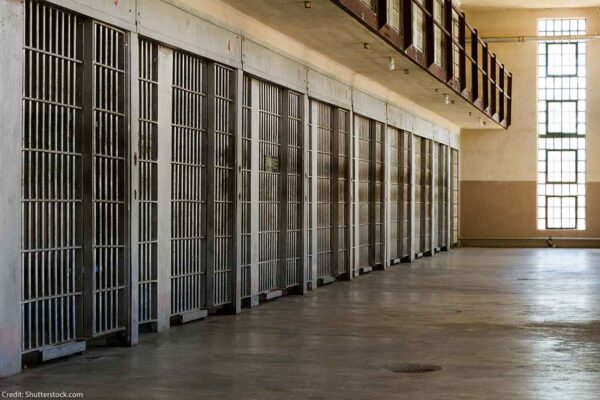We are united in solidarity with incarcerated people and their loved ones and allies. The recent spike in COVID-19 cases and deaths among our state’s prison population is the tragic result of a failure of leadership.
South Carolina has a moral and legal obligation to protect the people it incarcerates. For months we have asked Governor Henry McMaster, Department of Corrections Director Bryan Stirling, and the Board of Paroles and Pardons uphold this obligation in the face of COVID-19, including releasing those most vulnerable to contracting and dying from this virus. South Carolina officials have ignored their responsibility. The consequences are tragic and predicted.
Because South Carolina’s leaders have failed to uphold their Constitutional duty to protect people in their custody, in April, we filed a federal lawsuit against them. The judge assigned to our case has ordered us to work with the state to find ways that will improve conditions for incarcerated people.
These priorities include:
- Drastically increasing testing;
- Ensuring that everyone has access to adequate cleaning supplies;
- Ensuring that SCDC is following protocols recommended by the Centers for Disease Control and Prevention;
- Identifying people who are medically vulnerable and highlighting their conditions to the parole board; and
- Increasing the number of parole hearings and prioritizing those who are most vulnerable.
We will continue pushing until we reach a settlement that will better protect people incarcerated in our prisons. But, this is just a first step - we must also fix the foundation of a so-called justice system that created and sustains the pandemic of mass incarceration. Most incarcerated people who face the highest risk of severe illness and death from this pandemic pose no threat to public safety. Yet, they remain behind bars because of a dehumanizing, punitive system that despite its name has nothing to do with justice. As Audre Lorde reminds us that “we cannot use the master’s tools to dismantle the master’s house,” we cannot rely solely on our current laws - which empower the overseers of criminal justice - to fix this problem.
We must organize and fight to change the laws that allow our state to get away with this continued abuse and neglect. In the near term, our legislators can and must order and grant authority for an immediate reduction in the prison population. Increased testing, access to supplies, and other protections are necessary improvements, but population reduction is the most effective way to truly protect people who are incarcerated during this pandemic.
And we can’t stop there. Working together, we can and must dismantle the racist and exploitative structures that govern our society, structures that were designed to protect some people and marginalize others. We can and must invest in people and communities instead of police and prisons. We can and must finally build a society where “We the People” means everyone. Now is the time.

